Reloading ammunition involves forming brass. Forming brass involves a lot of force and friction- this makes case lube a vital part of the reloading equation. Now, talk to a motorsports enthusiast about engine oils, and you’ll get opinions: strong ones. Likewise, when discussing case lubes, you’ll get passionate opinions as well. It’s not surprising people get worked up about lubricants- they are very important, and can be quite expensive as well.
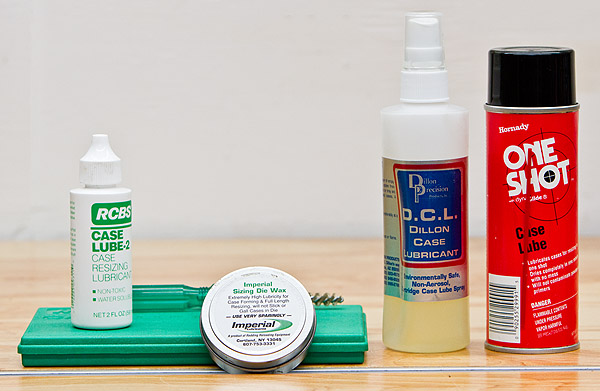
Going back to engine oils for a moment: there are a lot of different formulations and types of oils and for good reason. Each type of engine has different operating environments and demands, and there’s a specific engine oil that’s designed or recommended for each type of engine. Regarding reloading processes and equipment the same is true.
Here are some basic principles: For pistol loading, spray lubes are most common. They go on easy, and provide a uniform application of lubricant. If you are using non-carbide dies, you need lube. If you are using carbide or similar dies (Titanium Nitride, etc) you don’t HAVE to use lubricant, but it will make the press run smoother. I always lube when I reload. Rifle reloading involves more force (typically, especially full-length sizing of bottleneck cartridges) so lubrication choice plays a more important role. Typically rifle cartridges need a more grease-like high performance lubricant (although there are other options as well like mica powder). Since this post isn’t a detailed breakdown of the science of lubricants, we’ll stop there and start talking about products. 🙂
RCBS Case Lube Pad (Rifle)
The RCBS case lube pad is a foam pad that absorbs a thick lubricant. You roll rifle cases on the “charged” pad, and then apply some lube to the inside of the case mouth with the supplied brushes. This product works well, but I find it difficult to lube only case necks when using neck-only sizing dies, and it’s a bit of a mess to charge. Many reloaders use these, and I can see why- it works, and it’s not expensive.
Imperial Case Sizing Wax (Rifle)
This product is great, and I’ve found it to provide the best anti-seize protection for difficult rifle sizing tasks (like full length sizing of military 7.62x54R brass. You wipe your index finger on the wax, and then spin the brass while wiping your fingers on the outside of the case. I also use a Q-Tip to apply wax to the inside of the case mouth. This product is a bit time consuming to use, but it works very well.
Dillon Case Lube – A.K.A. DCL (Rifle/Pistol)
DCL is a very thick spray on lube. I have found it to work well for both rifle and pistol. I have had stuck cases using this product to reload .223/5.56, but they have been infrequent, and spraying is a LOT faster than other typical methods of lubing cases. The one downside to DCL is that it leaves a pretty thick residue on cases. Not too hard to cleanup, but you do need to wipe cases down or tumble off the lube after reloading.
Hornady One-Shot (Pistol)
Hornady One-Shot is listed as a rifle/pistol lube, but I only use it for pistol (since I have had stuck cases with .223/5.56 using One-Shot). Since this lube is light/thin you can get away without post-loading lube cleanup, but it’s always best to clean to avoid feed issues and a general mess. One-Shot sprays on quick and dries quick. One aerosol can lasts a long time as well. I probably use One-Shot the most when loading pistol.
Now, what if you’re on a budget? When I started reloading I was primarily concerned with economics, so I searched online and found a product that I could use for case lube that was already in our house. That’s right- it’s the dark horse of the reloading case lube product portfolio: Lemon Pledge!
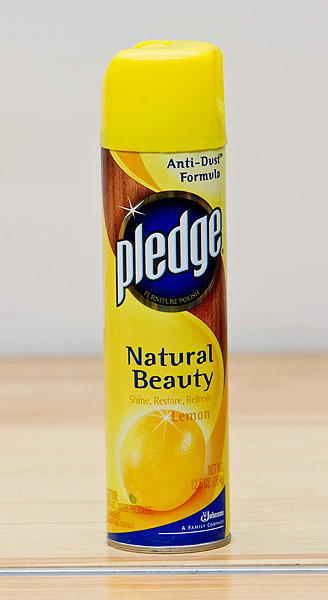
I used Pledge for a long time for lubrication of pistol cases and it performed pretty good. It’s not formulated for optimum case lubrication performance, but it does leave your cases smelling “lemon fresh”. 🙂 I still keep a can of Lemon Pledge in the loading room. I wouldn’t hesitate to use it if I ran out of my normal arsenal of case lube.
There you have it. Not an exhaustive list of case lube products, but it gives you an idea of what kinds of lubricants you’ll need to have on hand for pistol and rifle reloading.
Don’t see your favorite case lube? Please leave a comment!
Thanks,
Gavin
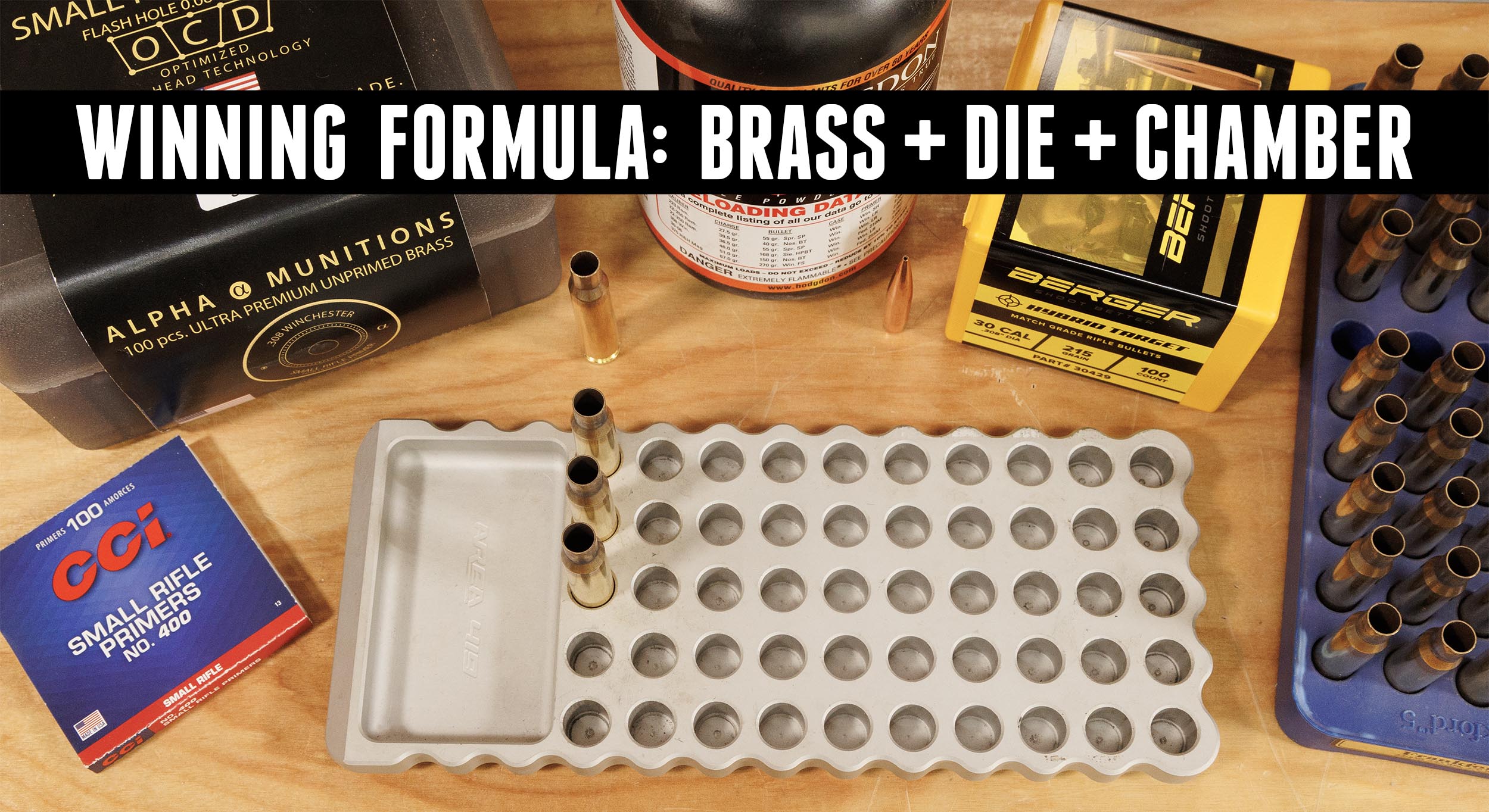
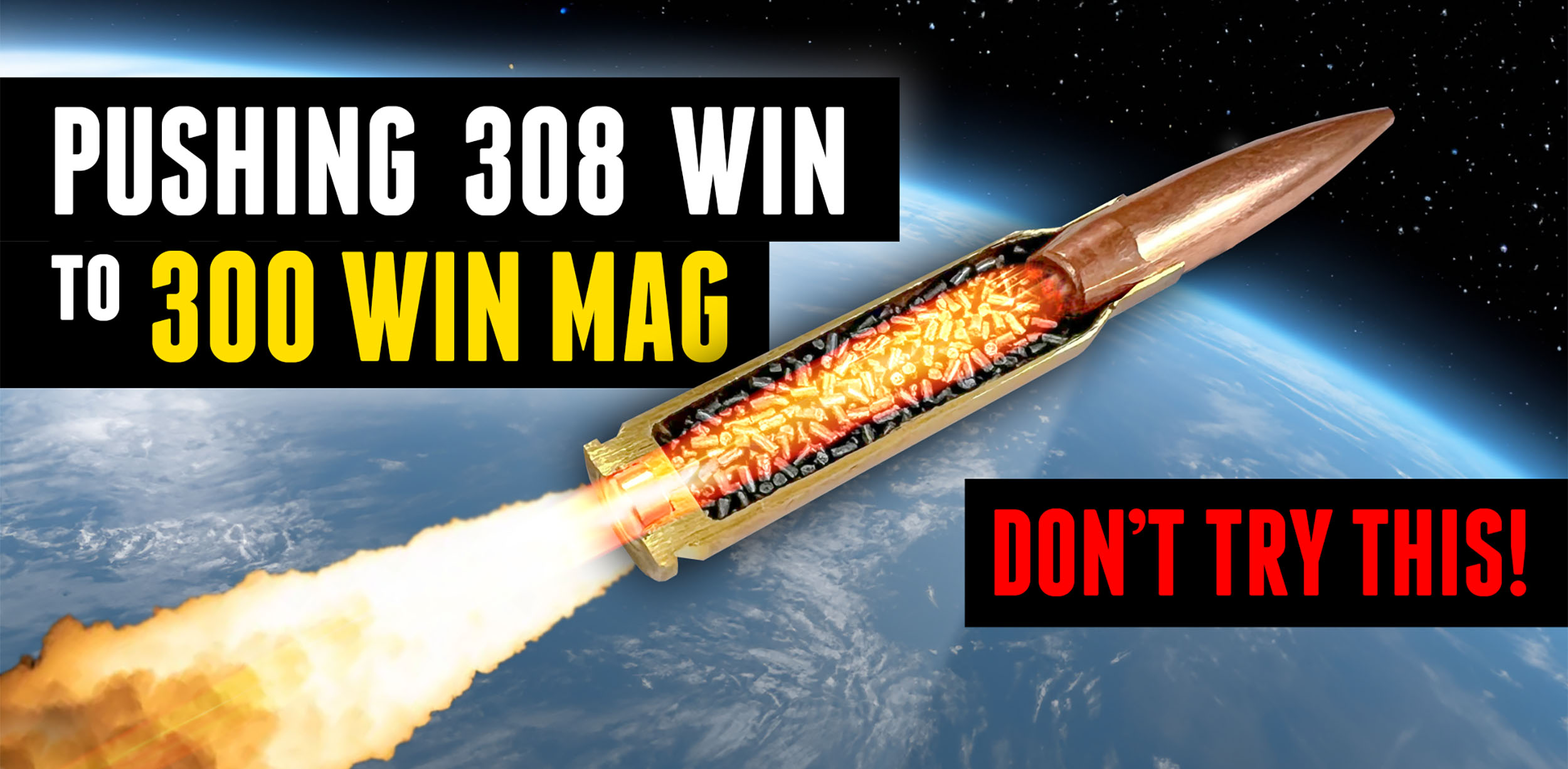
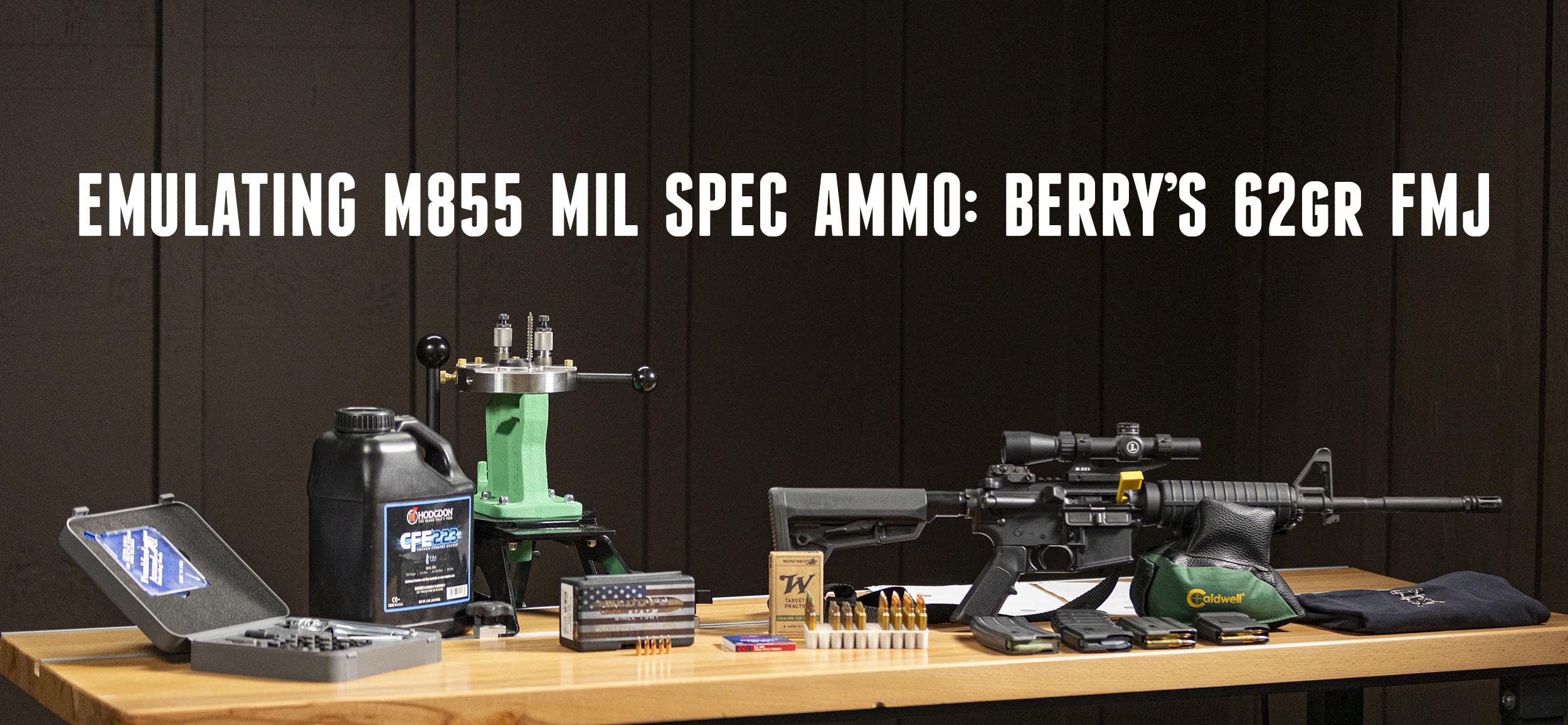
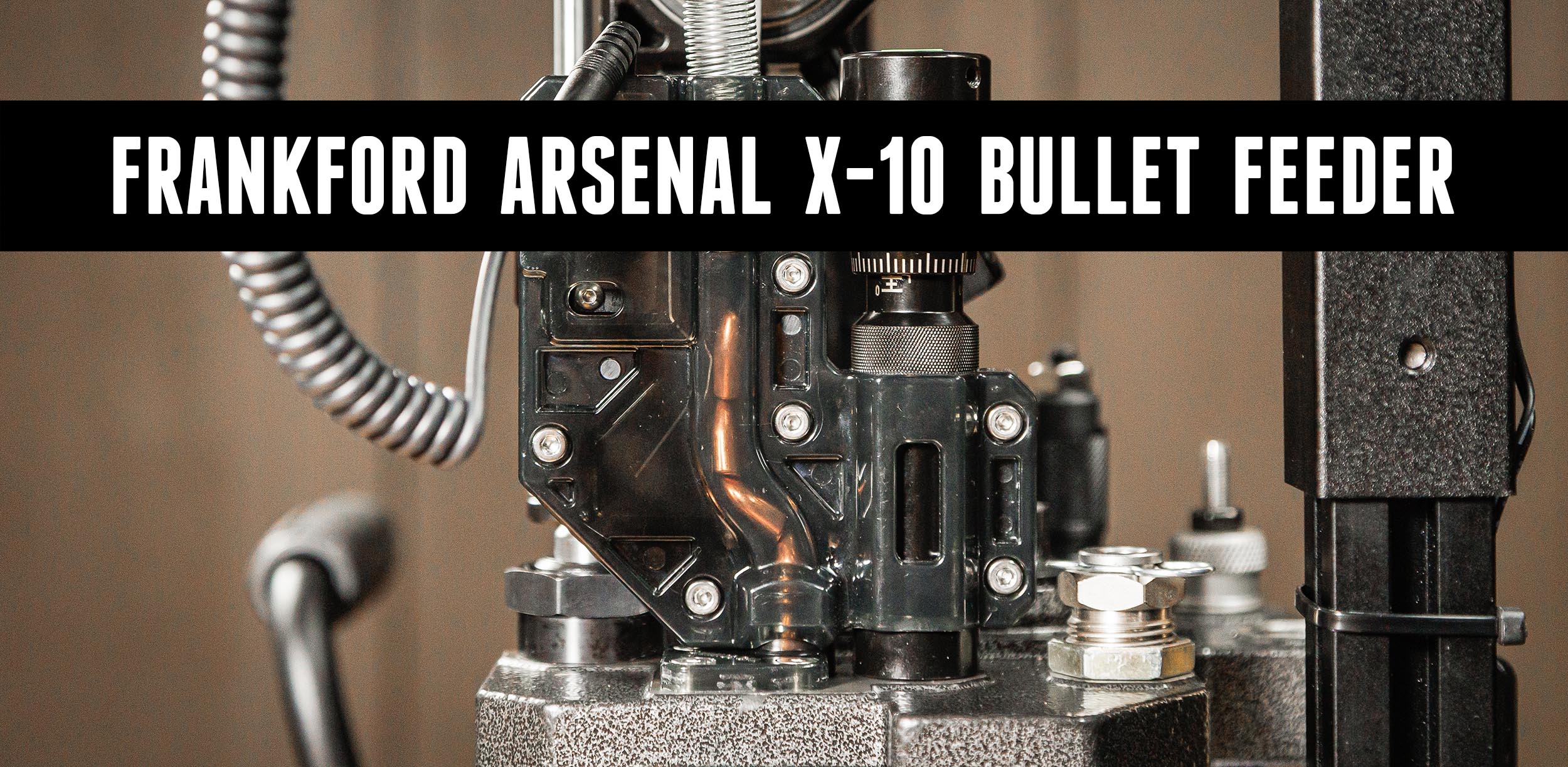
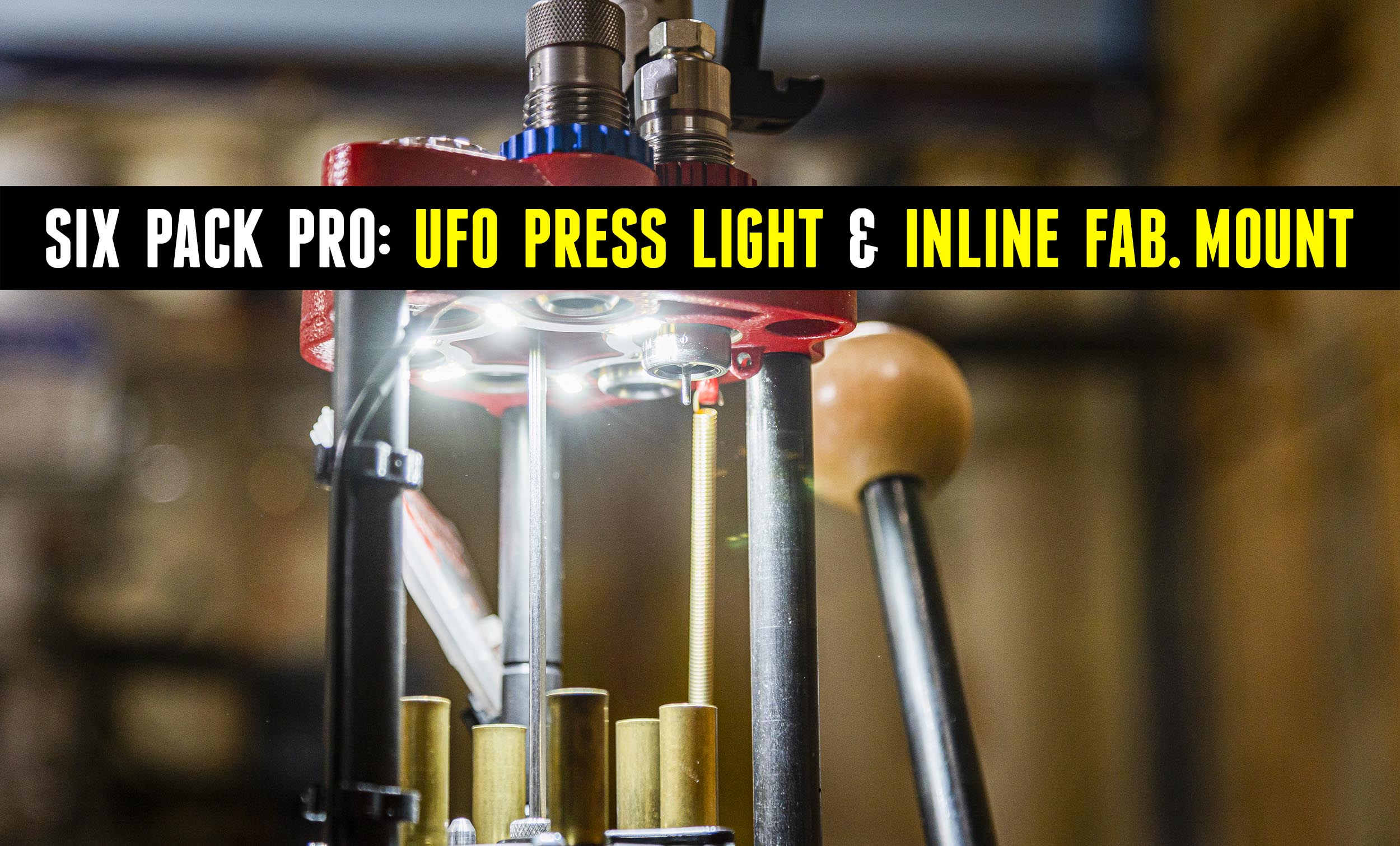
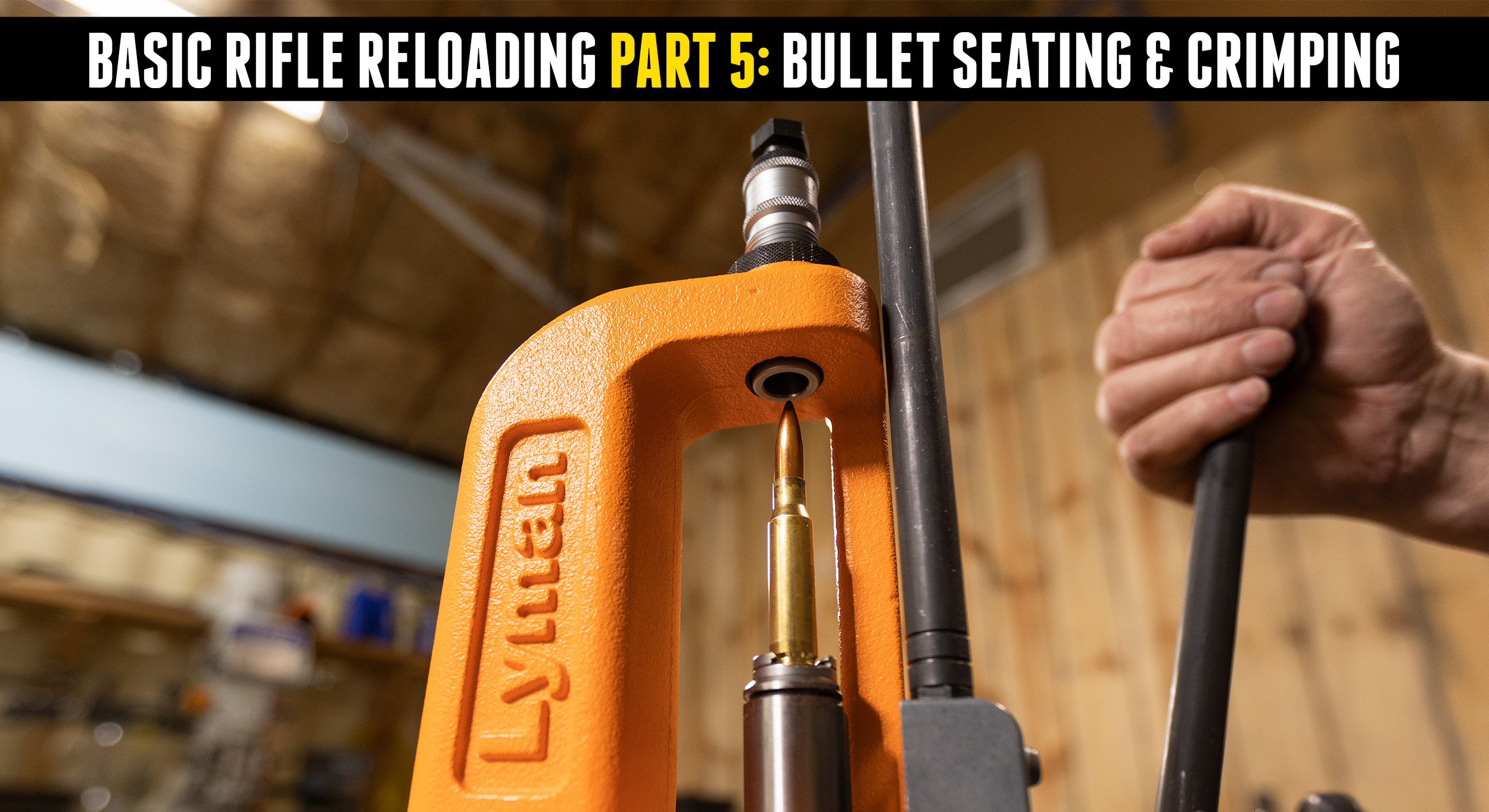
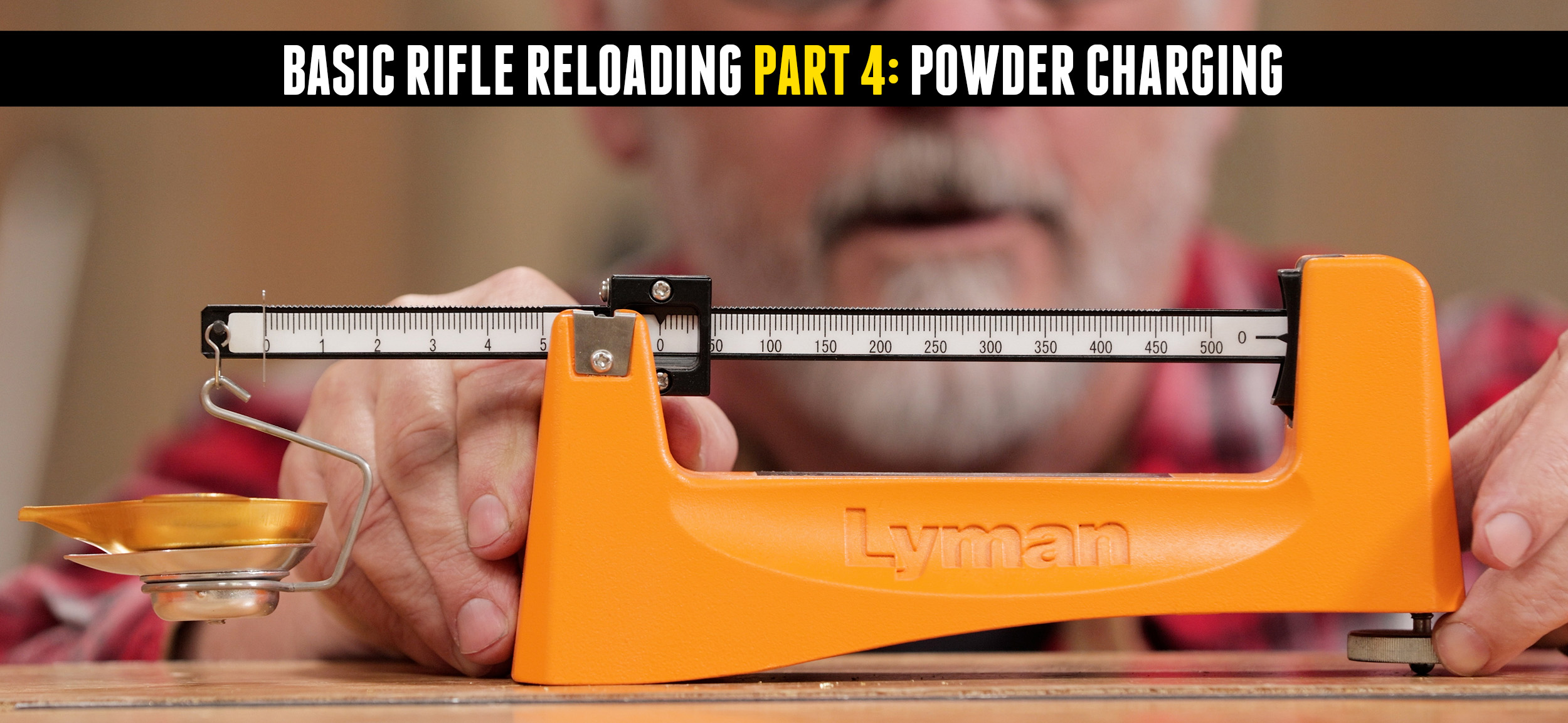
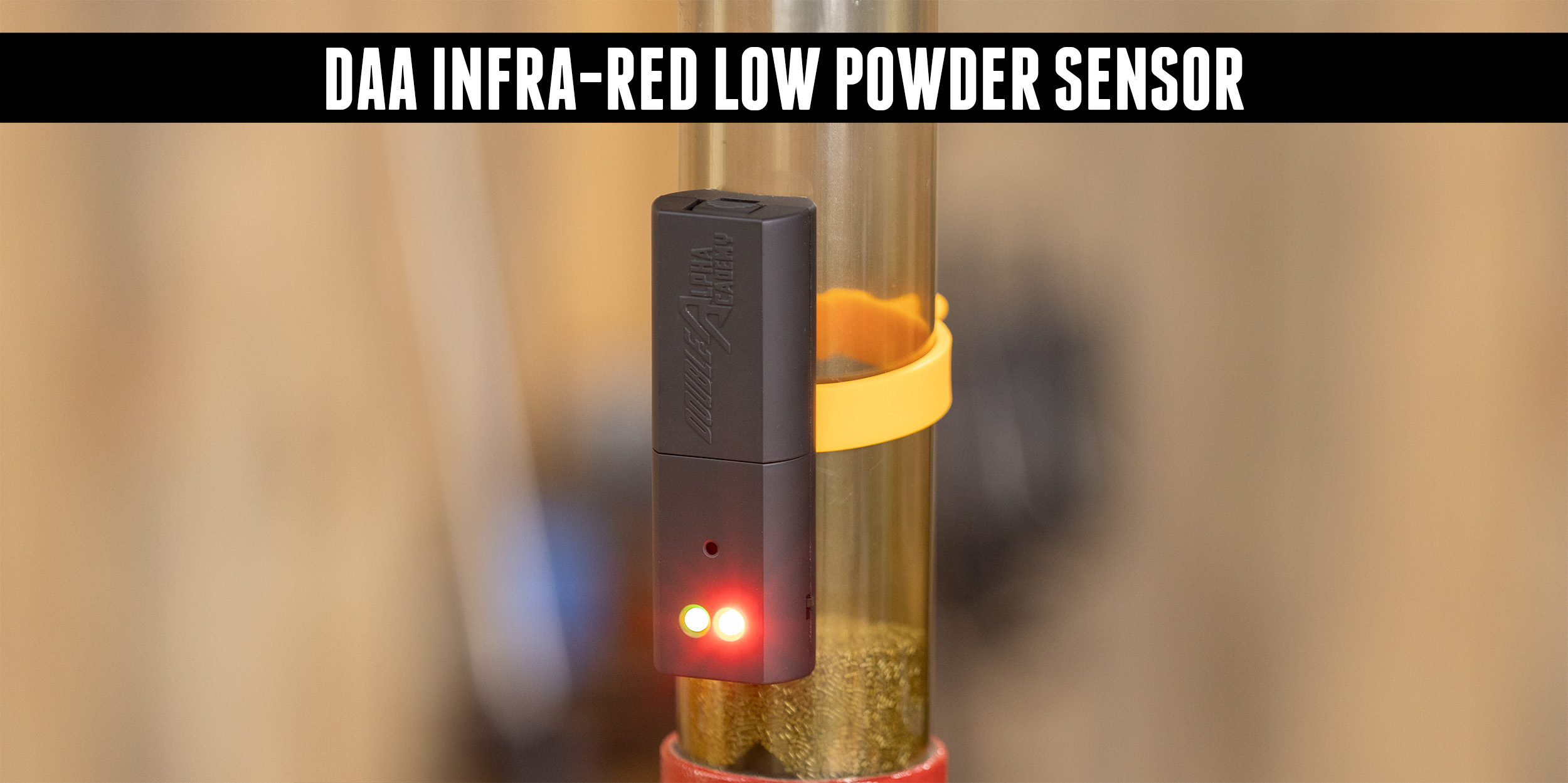
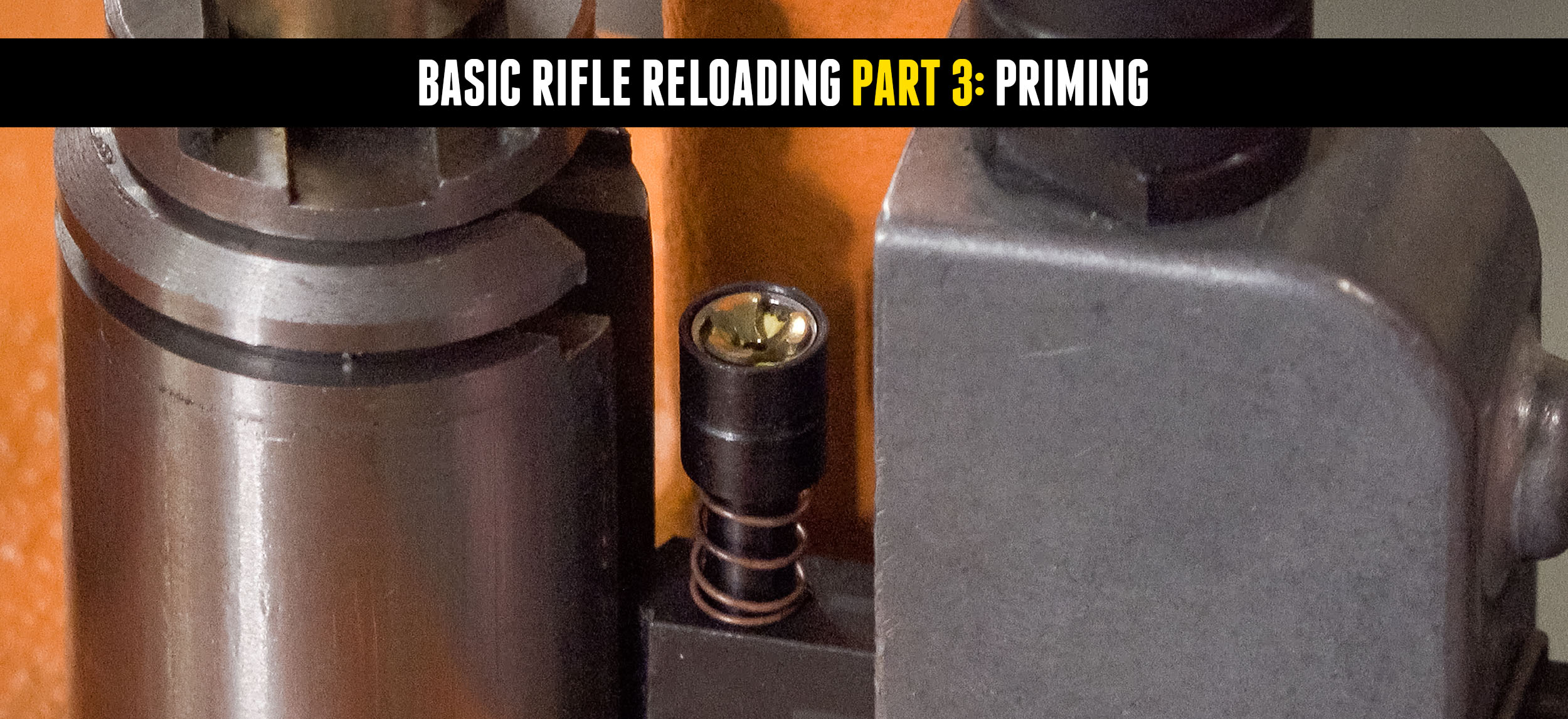
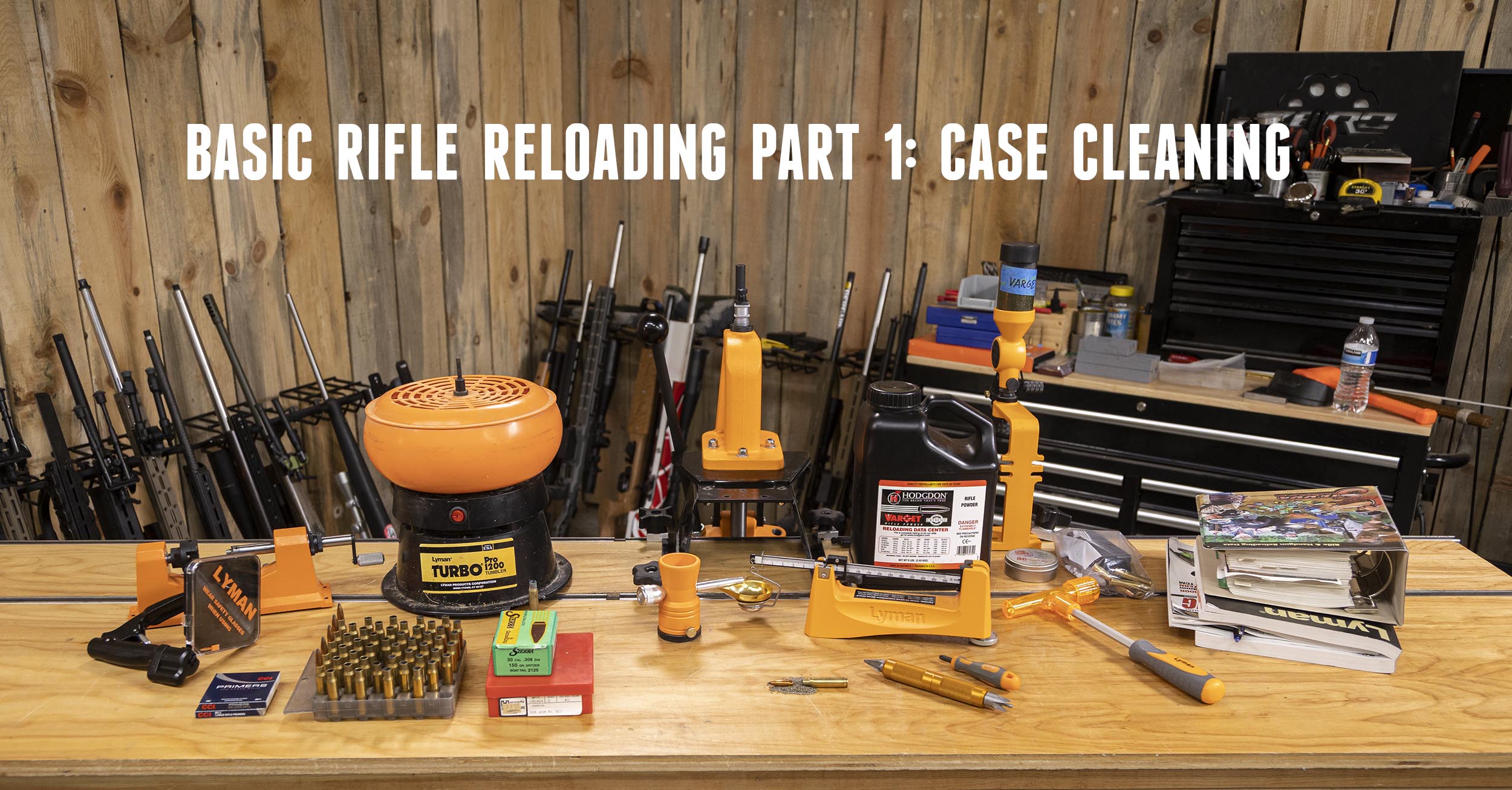
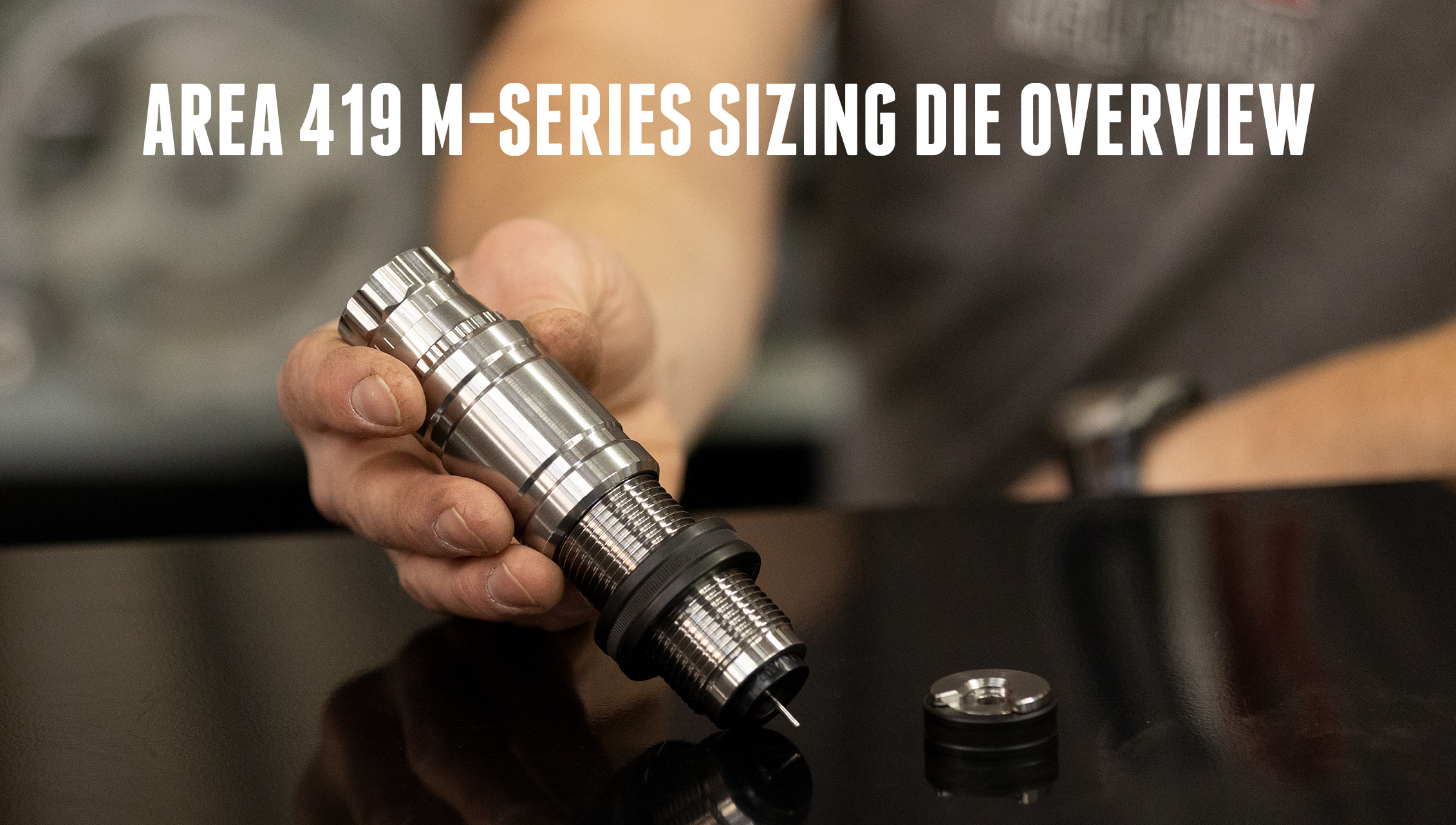
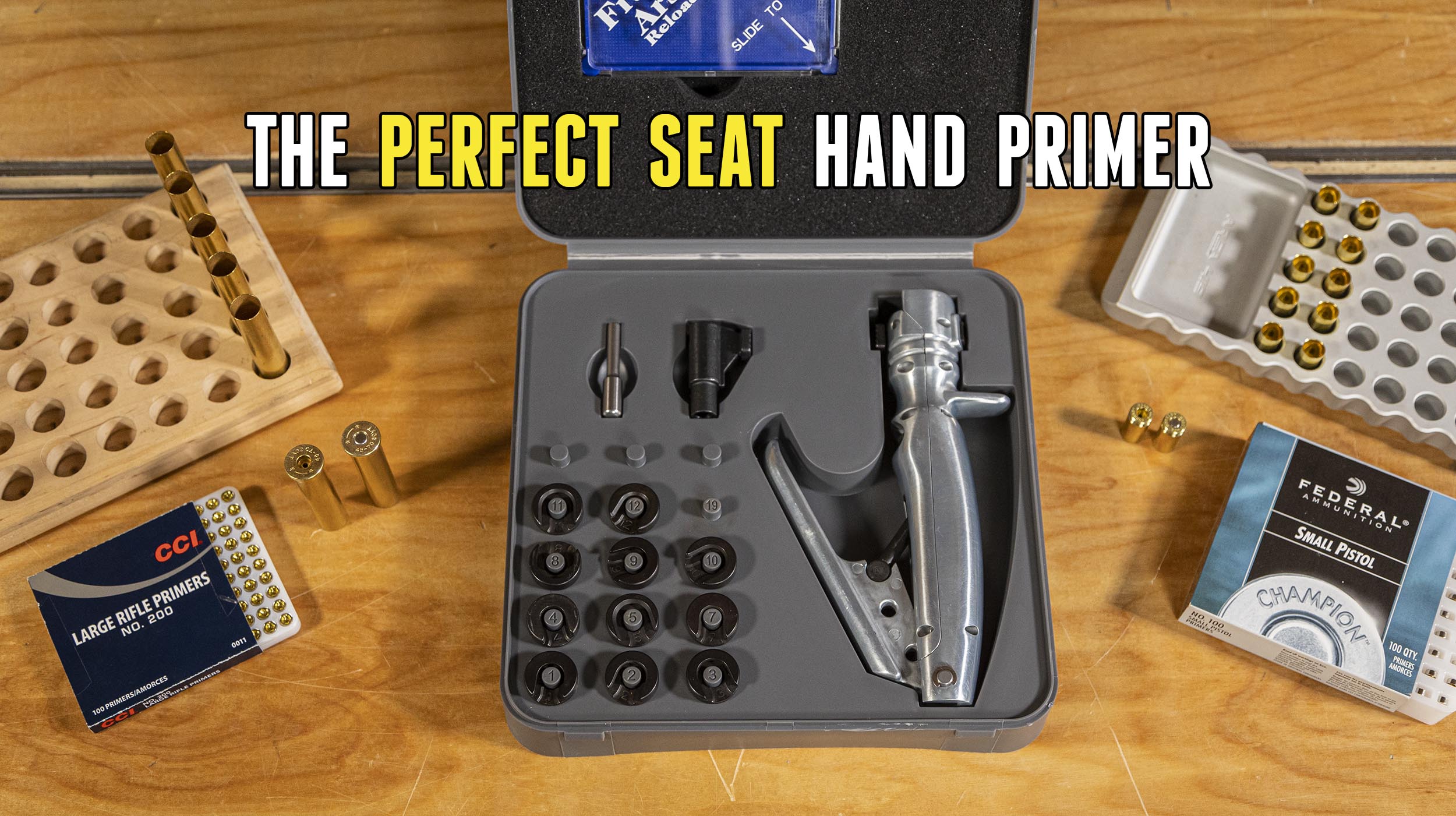
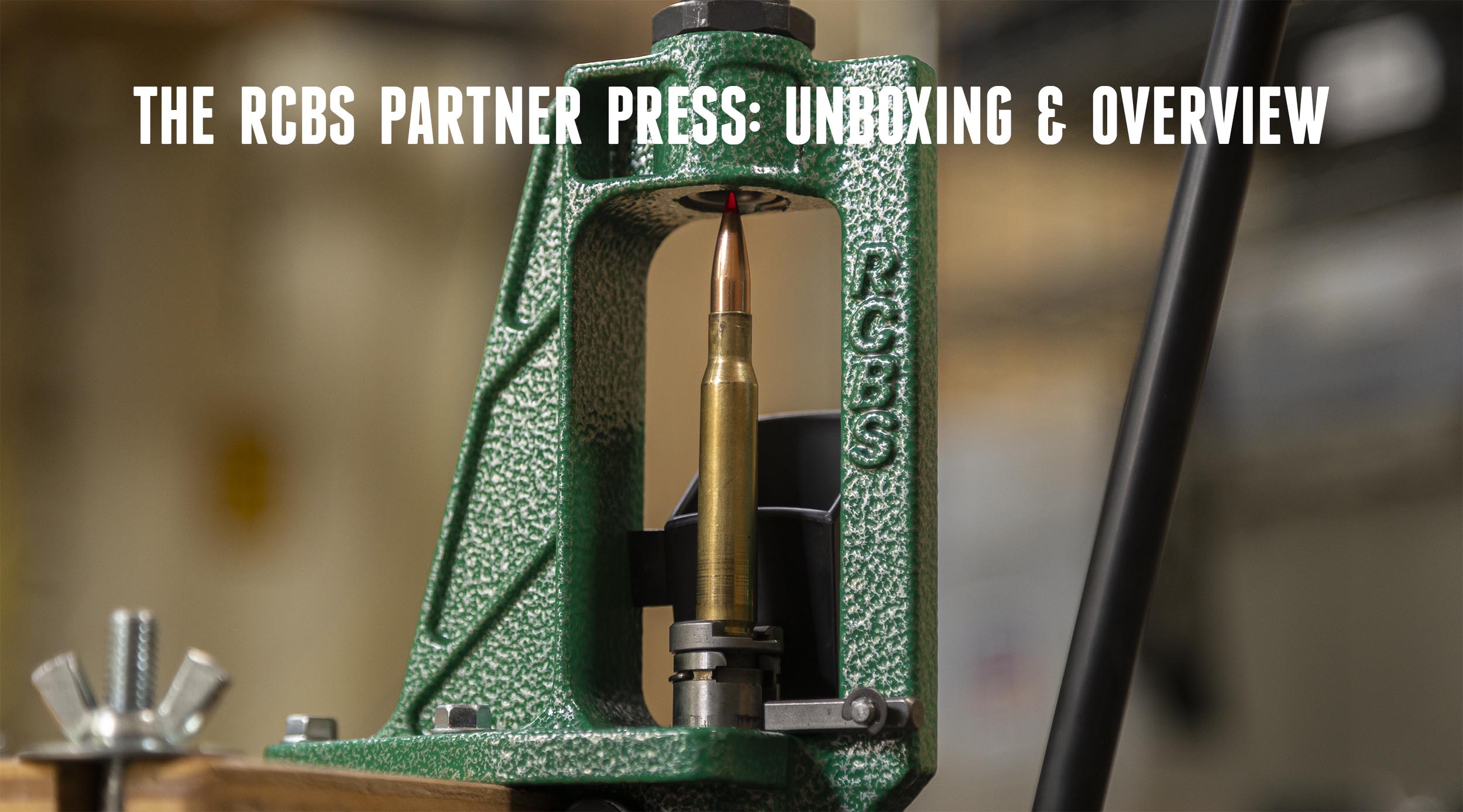
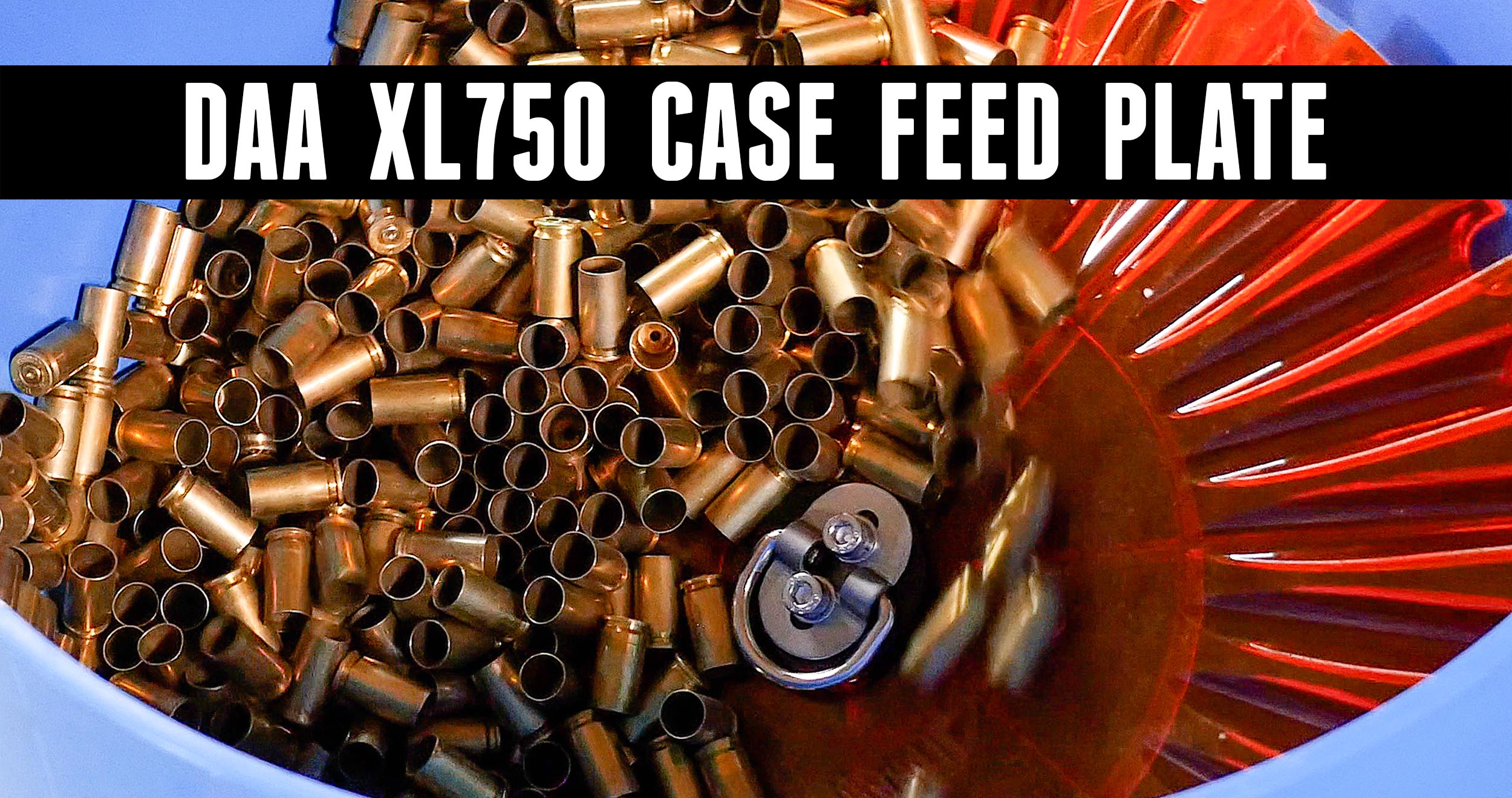
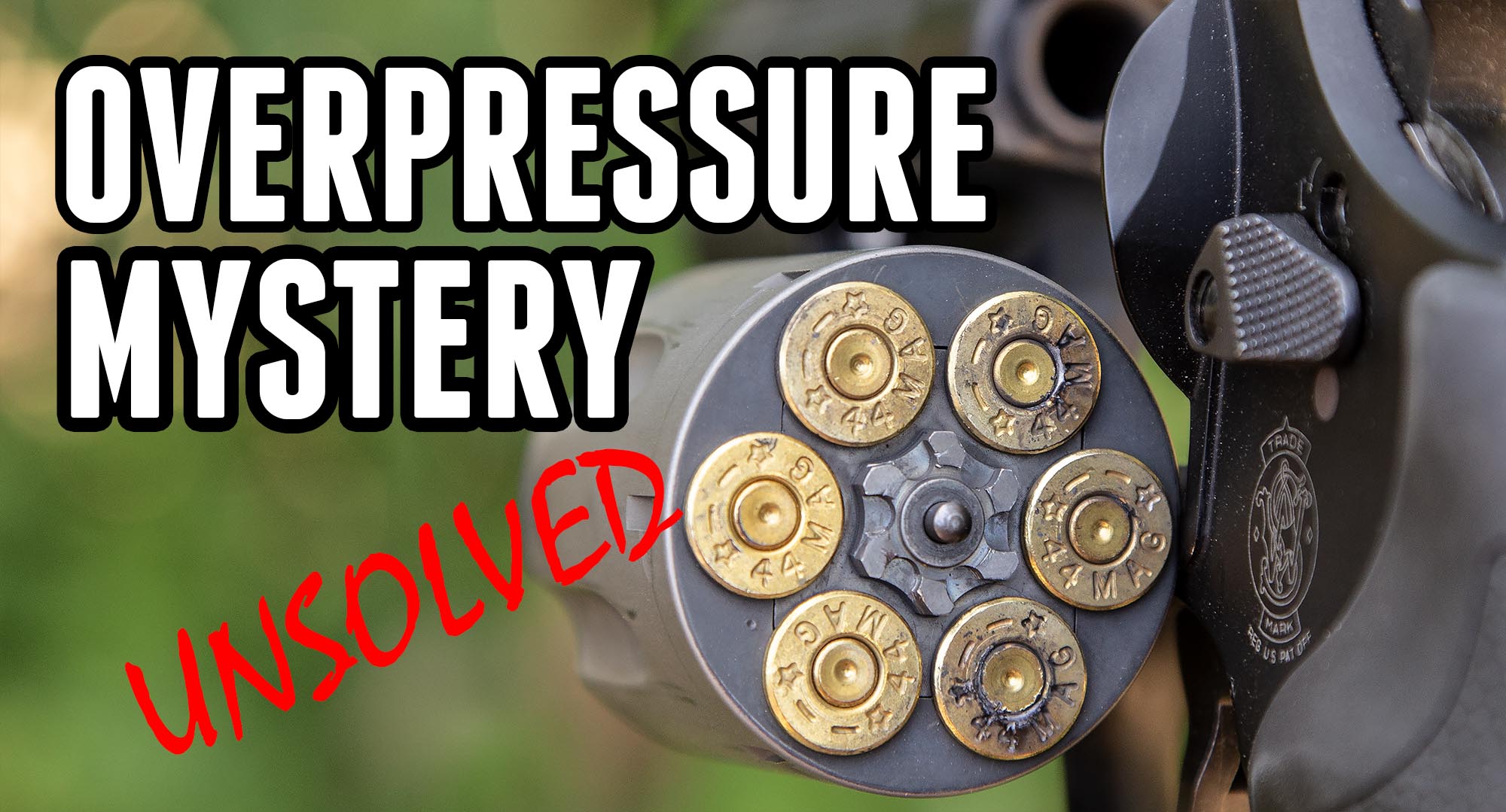


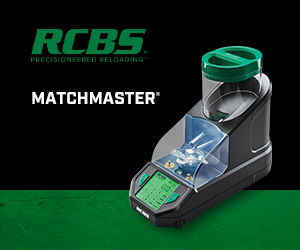

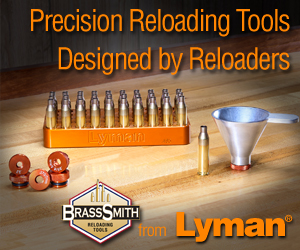
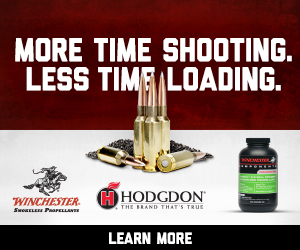
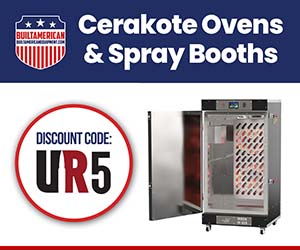

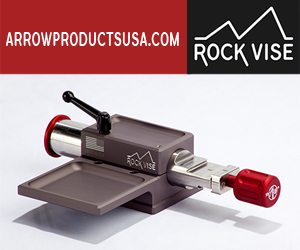
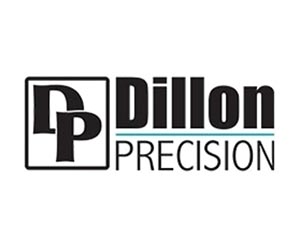
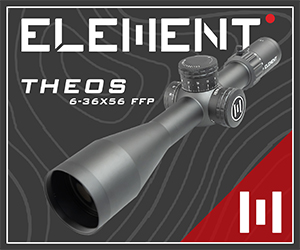








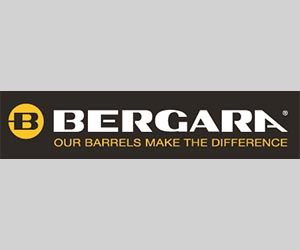

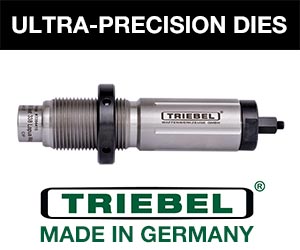


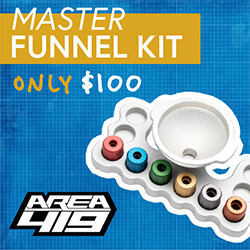
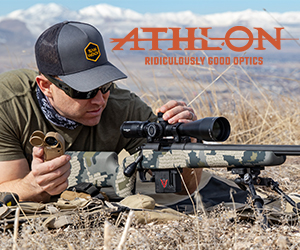

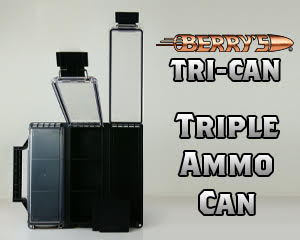

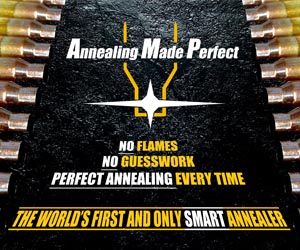





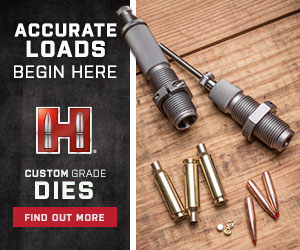




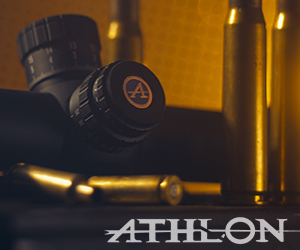

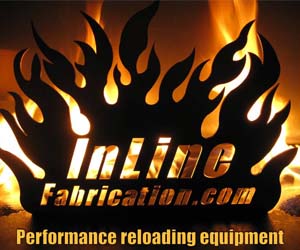
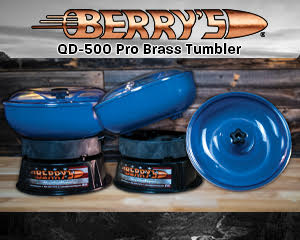
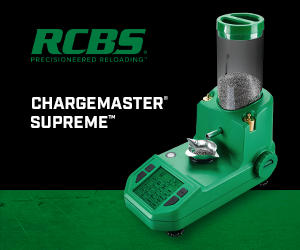
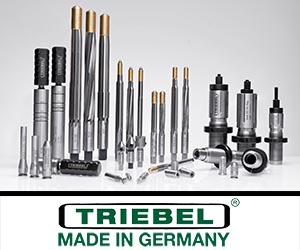


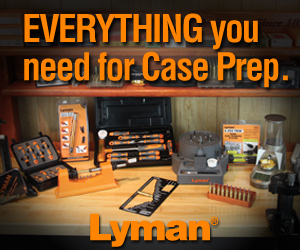


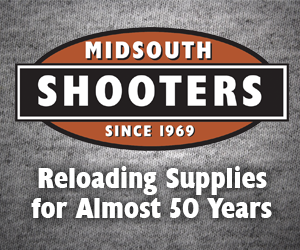

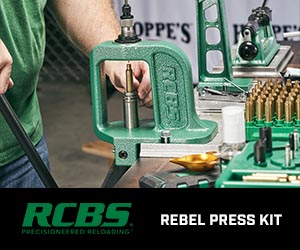







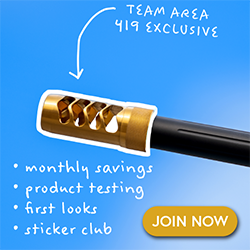
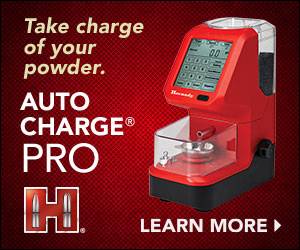
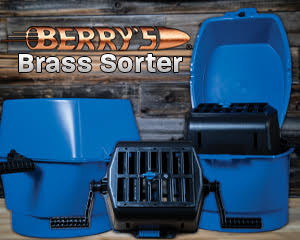
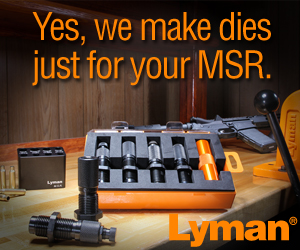

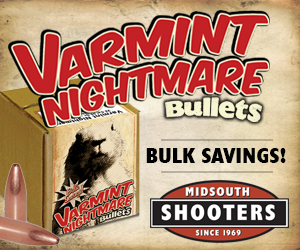
KIWI Mink Oil for rifle rounds. Was having lots of trouble with .30-06 with sprays and even the RCBS pad. Stumbled across the Mink Oil after seeing a suggestion on a forum. It is pretty much the same stuff as Imperial and Hornady’s Unique. Heck Hornady’s product description says “Can also be used to waterproof leather, boots and shoes”.
I used to use OneShot and Imperial wax. I now make my own: 1oz of Liquid Lanolin (check out the hippy section at your local super market) with 8oz of 90% iso. Alcohol. Shake and spray. Works great and really cheap. The Lemon Pledge is a good idea also.
I later spray the rounds with 70% iso. alcol and rub them over with a towel… to get the lube off.
So, just to clarify; you wouldn’t use Pledge for rifle cases, but only for pistol cases, right?
Have you tried rolling your own case lube?
I have used all of these products over 40 years of reloading (well not Pledge). Hornady one shot works for me on volume reloads of 223. When I get to 300 ultra mag or 416 I go right back to RCBS case lube applied from a felt stamp pad. I have not found anything that lubes as well for me. Imperial wax sorta works but it is really too hard to apply for more than a few cases. I just tried all of them on some 300 ultra mag cases and, for me anyway, case lube 2 needed less effort to resize than any others. Gary
Possibly for another post… I’d be curious to compare some of these against making your own case lube with Liquid Lanolin and 99% iso alcohol.
I’m afraid if I post a link to a recipe this comment will get tagged as spam
Regardless of which case lube you use you must clean the die before and after use.
I use a spray lube from wall mart similar to LP or wd 40. Its fast cheap works good but you must tumble the cases clean and dry before reloading. I clean my cases before they are sized and after.
I’ve made my own spray using Lanolin and 91% rubbing alcohol. On pistol cases it works fine, but with 223 it dents the shoulders from hydraulics.
Any suggestions how to use spray without that occurring?
Why fuss…..RCBS lube and pad might bring back memories of my first years of reloading (That familiar smell of RCBS case lube)…but I gave up using RCBS lube a long long time ago.
Hornady states right on the can…Danger…highly flamable…vapors harmful…and it’s pricey!
I’ve tried others as well…but honestly….for $2 for a tube of Lee case lube….it goes a long long ways…use your fingers and a Q Tip….damp cloth after sizing and lube is off the sized case and it works well….never a stuck case using Lee case lube….did I mention Cheap Price?
Look….reloading for a bolt action rifle for hunting…you’re generally not going to reload all that many rounds….pistol rounds usually you’ll use carbide….target rifle you’re gonna use neck sizer dies unless you’re into tactical rifle play and dirty conditions (Then you’ll full neck resize of course and it’s not target shooting.) 223 I can see using a spray on if you’re using a progressive press (But then again…I run Wolf or Tulammo thru my 223 AR platforms then I reload the steel cases…using Lee case lube.)
Just my point of experience….has worked extremely well over the years…..and to tell you the truth….I haven’t bought that many tubes of Lee case lube…maybe four over the last 8 years?…and I have reloaded hundreds and hundreds of 308/30-06/300 WinMag/223….a few thousand? 4 X $2.00 = $8.00
Very cheap to use!
I’ve been using the lube and pad for rifle cases since I started. Yeah, it’s messy, so I was looking for something quicker and cleaner.
I picked up RCBS spray lube and tried it on 45/70. There’s no need to get it into the case mouth and it worked fine.
OTOH, necked cases, I’ve had issues getting lube inside the neck for the expander ball to operate smoothly. So I’m not sure what I’m going to do, probably spray the lube on a Q-Tip and manually do the insides.
I recently purchased the Hornady spray but haven’t had the chance to try it.
As for loading, for rifle, I like to do each caliber in large lots, typically in excess of 50rds. That may not be large lots for you 223 guys, but for us 375H&H shooters, that’s a significant investment. So yeah, anything that makes it faster and easier appeals to me.
On .223 rifle brass I decap and resize before I clean the brass. I use synthetic motor oil Mobil 1. !qt will last forever. You just have to wash cases and dry. Never stuck case and lube in die runs 5-10 cases before you wipe on more with your fingers.
I used then I switched to a mixture of cable lube cut 1:3 with Isopropyl alcohol. Worked fine on a single stage, haven’t tried it on the new progressive press yet.
Good news, used the above mixture on the Hornady. Worked best when applied to every 3 to 4 pieces, Worked fine and no mess either. Maybe not as easy as Pledge or One Shot, but it does work. Next batch will be applying to brass in zip-loc bag and shake to distribute
I use Hornady One Shot for both pistol and rifle. For pistol, I dump a load of brass into a brown sandwich bag and shoot a long blast of HOS into the bag, then shake the bag of brass for about 30 seconds to evenly distribute the lube. I use carbide dies, but this makes progressive reloading more pleasant.
For rifle, I set my cases into a reloading tray and spray from all four sides at an angle so that some of the lube gets into the case mouth. Let it dry and I’m good to go. I load primarily 7.62 X 51 military cases. I’ve never had a stuck case.
do you have to remove the lemon pledge or do you use it like one shot??
I have used Mobile 1 full synthetic motor oil for a few years now.
Never had a stuck case and a quart has lasted 3 years.
I’ve only used Hornady OS. I’ve had a couple of .223 cases stick in my Hornady size/decap die, but that was early on in my rifle loading and I may have used too little lube and not let it dry. I now give a good spray to 50 cases at a time and let them dry a few minutes. I recently started a quick spray on pistol too and like the smoother press work.
When I was starting to reload 45 years ago the old timers that taught me used STP additive from the auto supply houses. I have used it many times over the years and always had good results
Similar to Rob and others I make my own spray lube. I use a mixture of Lanolin, 90% (or higher) alcohol, readily available from the drug store, and some RCBS case lube. I shake it up before each use as the lanolin and RCBS lube settles. I use it on all my brass and have had great success. Let the alcohol evaporate before using. Best of all, IT’S CHEAP!
I’ve used Mobil 1 and it works really well. I just didn’t like having to clean the oil off the cases afterward. I even tried smearing Dawn dish soap on the cases as lube, but that didn’t work very well and I had to clean and dry the dies afterward to avoid rust. These days I use lanolin and HEET gas line antifreeze (in the red bottle) mixed 12 to 1 (1 oz lanolin oil to a 12 oz bottle of HEET). I keep the mixture in an old windex spray bottle and spray two shots of lube into a ziplock bag then toss in my brass and roll the cases around in the bag to coat them. Then I dump them out onto a towel so the alcohol can flash off. The dry cases don’t feel like they have any lube on them but they run through my full-length dies nice as you please and there’s no lube pad to put away later. I think I paid around $10 for 4 ozs of lanolin and a bottle of HEET and only used 1/4 of the lanolin for my first batch.
FWIW: Most anything called “Mink Oil” is Lanolin.
Some cable pulling soaps work as case lube.
It seems to me that Lee case lube is actually something like saddle soap. I know I’ve encountered the same product before, as some kind of textile lube or something, can’t remember where.
HATE spray lubes or roll-ons. They leave droplets or blobs, and then cases get dented.
IMHO, picking up cases, putting lube on with fingers is the best time to check each case individually, by look and feel, when the cases are cleaned but before you start to reload them and make them expensive garbage.
Nothing is better than Lanolin for lubricity. Back in the day when I was doing a lot of reloading I used pure anhydrous lanolin I would get from the druggist. Am just getting back in to it with 223 which I never did before. I’ve tried the anhydrous lanolin and it works great, albeit slow. But here’s what else I’ve tried. Canola oil by itself. Seems to work good. But, this is what I want to throw out there… Fluid-Film. It is a lanolin based lubricant in both spray and can. You can buy it at Oreilly Auto Parts. I don’t have much to test it on, but I think this is really good stuff and I would be interested if you folks would give it a try and tell me what you think.
Hello,
I hit upon this thread looking for information on lubes, There is some good stuff here, but was not quite what I was seeking. I was looking for contamination information. The friend who turned me on to reloading 20+ years ago used the RCBS pad, but warned me you have to get the lube off or you risk primer/powder contamination. I have used the Lee case lube as they claim this is not an issue. I am considering upgrading to a multistage press, and was looking for a case lube that was easier to apply (spray) but with no risk of contamination. Any thoughts or suggestions?
I have used anhydrous Lanolin from a druggist since 1961. No problems, works well on over 12,000 rifle reloads. I use carbide dies and no lube on straight walled cases.